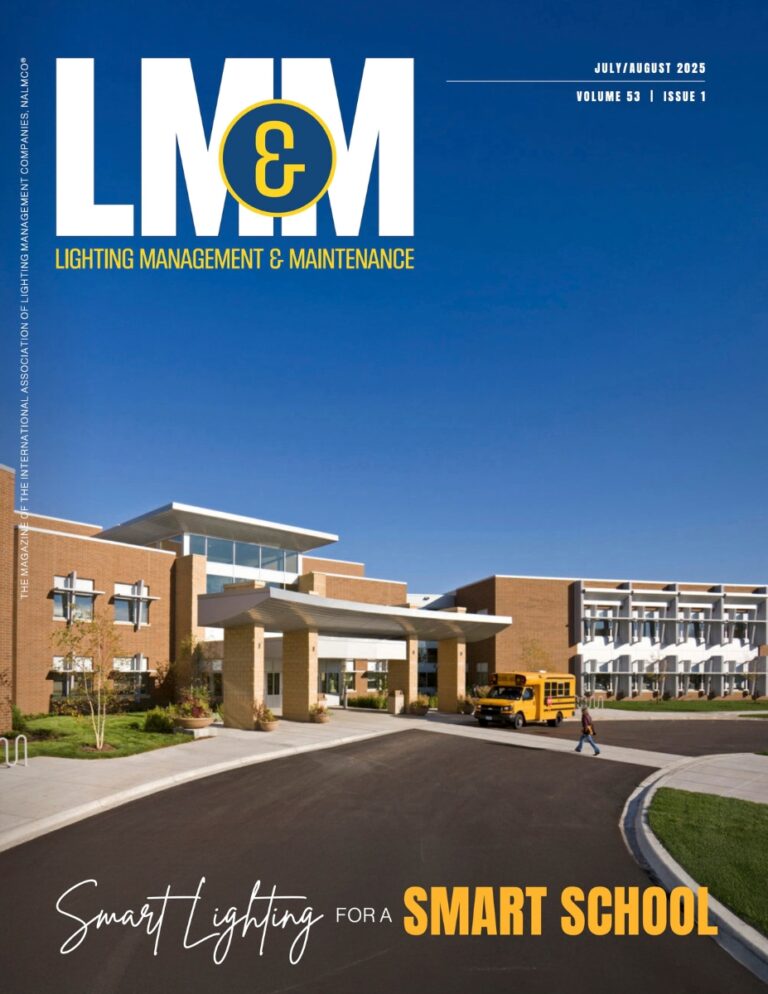Signify has prevailed in the most current round of litigation against Menard. This case, filed under docket number 3:22-cv-00706-jdp, revolves around allegations that Menard, Inc. is selling products that infringe on six of Signify’s patents related to LED lighting technology. Two pivotal motions by Signify were addressed by the court, the first one is not so important, but the second one could be significant.
Detailed Analysis of Court’s Decision on Key Motions
- Motion to Strike Affirmative Defenses The first motion considered by the court was Signify’s request to strike four of Menard’s affirmative defenses, which included issues around indemnification and an alleged failure to join necessary parties. The Federal Rule of Civil Procedure 12(f) allows the court to strike from a pleading any “redundant, immaterial, impertinent, or scandalous matter.” However, this motion was denied. Historical legal standards and precedents suggest that motions to strike are generally disfavored as they tend to unnecessarily delay proceedings.
- Motion for Leave to Amend Infringement Contentions The second motion carried more weight and was granted by the court. Signify sought to amend its infringement contentions to include 31 additional accused products and to incorporate new evidence and explanations into its existing contentions. According to Federal Rule of Civil Procedure 15(a)(2), such amendments are generally permissible when justice so requires, unless countered by significant reasons such as undue delay or unfair prejudice to the defending party.
Menard argued that the amendments were based on publicly available information and could have been introduced earlier; however, the court dismissed these concerns, focusing instead on the lack of demonstrated prejudice. Signify’s amendments were found not to introduce new patent claims or substantially alter the nature of the existing claims. The court was satisfied that the additional products were sufficiently similar to previously accused products, meaning that the amendments would not substantially affect the ongoing case dynamics or the preparations for upcoming legal arguments.
Read the motion below:
Signify Wins Key Motion Against Menard




